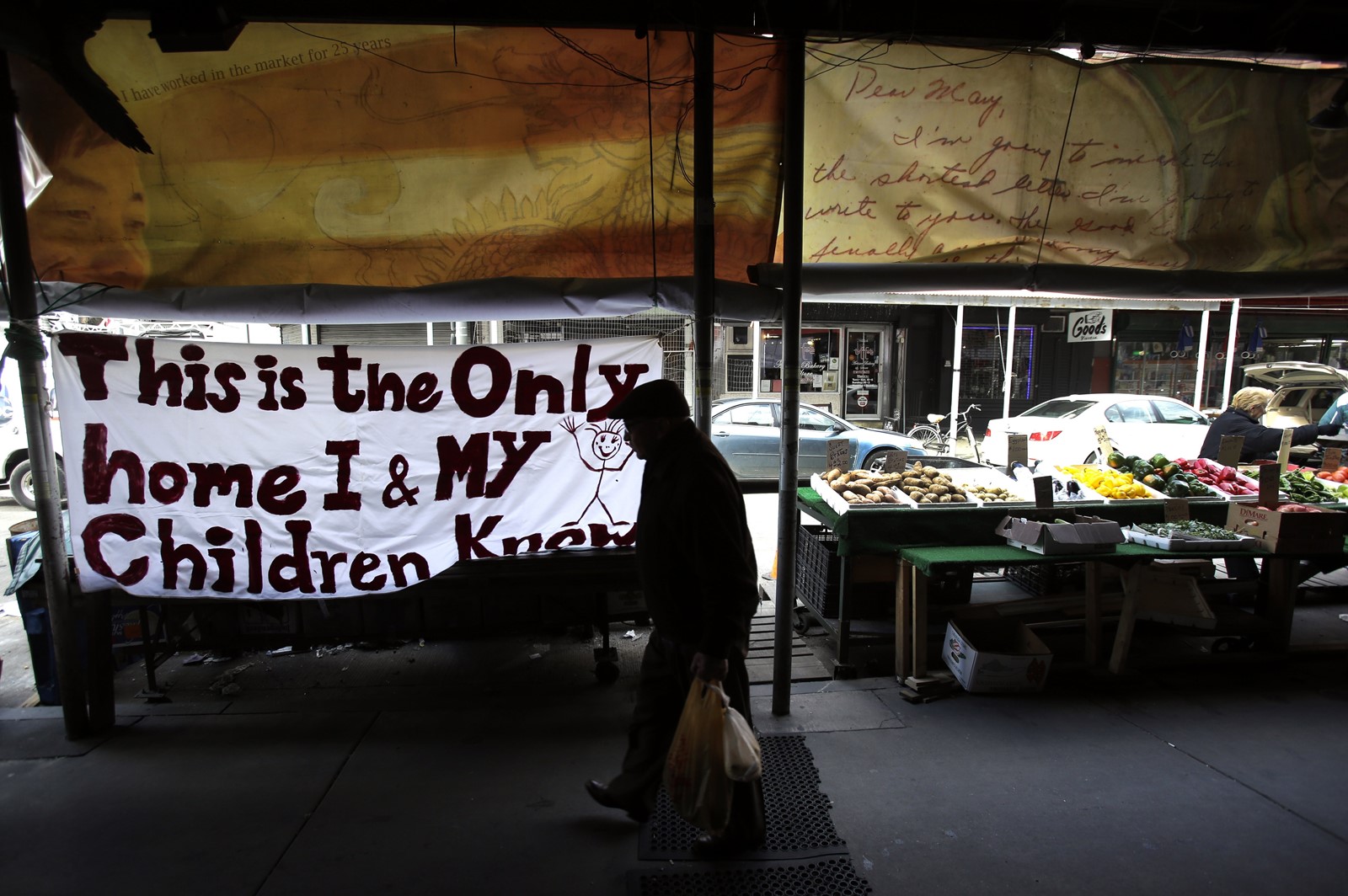Day without immigrants roils restaurants
Effects of workers staying home felt strongly in food biz

Immigrants around the U.S. stayed home from work and school Thursday to demonstrate how important they are to America’s economy and way of life, and many businesses closed in solidarity, in a nationwide protest called A Day Without Immigrants.
The boycott was aimed at President Donald Trump’s efforts to crack down on immigration, legal and illegal, by such means as a wall at the Mexican border.
The protest reached into the U.S. Capitol, where a Senate coffee shop was among the eateries that closed because employees did not show up for work.
The day’s activities also included rallies in several cities. Marcela Ardaya-Vargas, who is from Bolivia and now lives in Falls Church, Va., pulled her son out of school to take him to a Day Without Immigrants march in Washington.
“When he asked why he wasn’t going to school, I told him because today he was going to learn about immigration,” she said. “Our job as citizens is to unite with our brothers and sisters.”
The effects were felt most strongly in the restaurant industry, which offers many jobs for cooks, dishwashers and servers. Sushi bars, Brazilian steakhouses, Mexican eateries and Thai and Italian restaurants turned away lunchtime customers.
“It’s actually very sad,” said Rani Vasudeva, a 38-year-old professor at Philadelphia’s Temple University. “You realize the impact the immigrant community has. We need each other for our daily lives.”
Since the end of 2007, the number of foreign-born workers employed in the U.S. has climbed by nearly 3.1 million to 25.9 million; they account for 56 percent of the increase in U.S. employment over that period, according to the Labor Department.
The foreign-born — who include American citizens, green-card holders and those working without legal authorization — tend to be younger and to take jobs in fields that have been growing fastest, including restaurants, hotels and stores.
Roughly 12 million people are employed in the restaurant industry, and immigrants make up the majority — up to 70 percent in places such as New York and Chicago, according to the Restaurant Opportunities Centers United, which works to improve working conditions. An estimated 1.3 million in the industry are immigrants living in the U.S. illegally, the group said.
In Chicago, Pete’s Fresh Market closed five of its 12 grocery stores and assured employees they would not be penalized for skipping the day, according to owner Vanessa Dremonas, whose Greek-immigrant father started the company.
“It’s in his DNA to help immigrants,” she said. “We’ve supported immigrants from the beginning.”


 PREVIOUS ARTICLE
PREVIOUS ARTICLE
